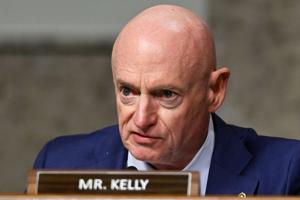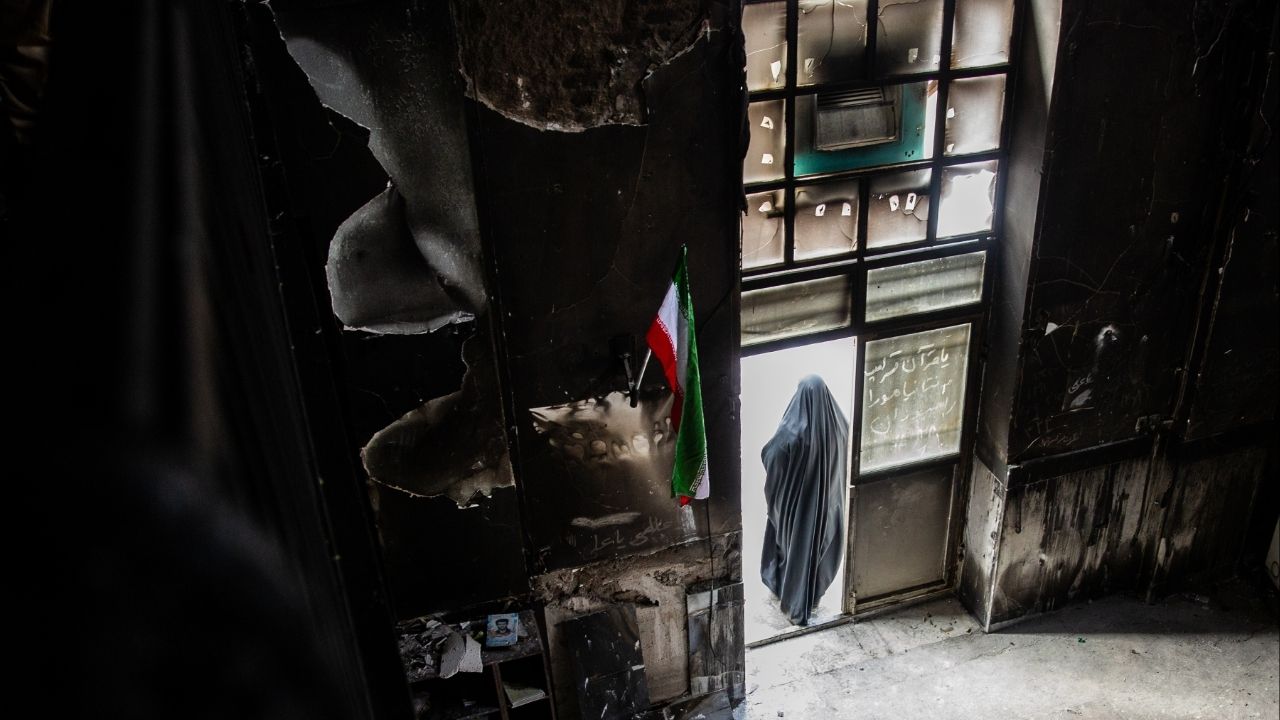UPDATE: Haiti’s Provisional Electoral Council (CEP) has submitted a controversial election law draft that is raising urgent alarms among human rights advocates. As pressure from the U.S. mounts for the country to finally hold long-overdue elections, concerns over the law’s vague eligibility criteria could allow gang members and other bad actors to participate in the electoral process.
The CEP’s draft plan proposes a first round of voting in August and a runoff in December. However, the law remains unpublished in the official gazette, leaving many citizens and organizations on edge. Human rights advocates are warning that the lack of clarity regarding who qualifies to run for office could lead to a dangerous influx of unqualified candidates, undermining the integrity of the electoral process.
Authorities confirm that the electoral law was sent to the government last week, but details about its provisions have not been made widely available. This lack of transparency is fueling tensions among voters and civil society groups, who fear that the law could pave the way for criminals to gain political power.
The implications of this situation are profound. Haiti has been grappling with widespread gang violence, which has already destabilized the nation. The possibility of these same gangs influencing or controlling political positions raises significant concerns about the future of governance in Haiti.
Officials and advocates stress that the electoral process must be safeguarded to ensure fair representation and the restoration of order in the country. With the clock ticking toward the proposed election dates, the urgency to address these issues is palpable.
As U.S. officials continue to push for a democratic transition, the eyes of the world are on Haiti. Expect developments in the coming days as advocates lobby for amendments to the proposed law and call for greater accountability from transitional authorities.
What’s Next: The CEP is expected to hold discussions with government officials regarding the feedback from human rights groups. Observers are also calling for immediate public consultation to clarify eligibility and ensure that the electoral process is inclusive and fair. Stay tuned for updates as this situation evolves and the community’s response intensifies.
This developing story highlights the critical intersection of governance, human rights, and security in Haiti, making it imperative for international stakeholders to remain engaged and informed.






